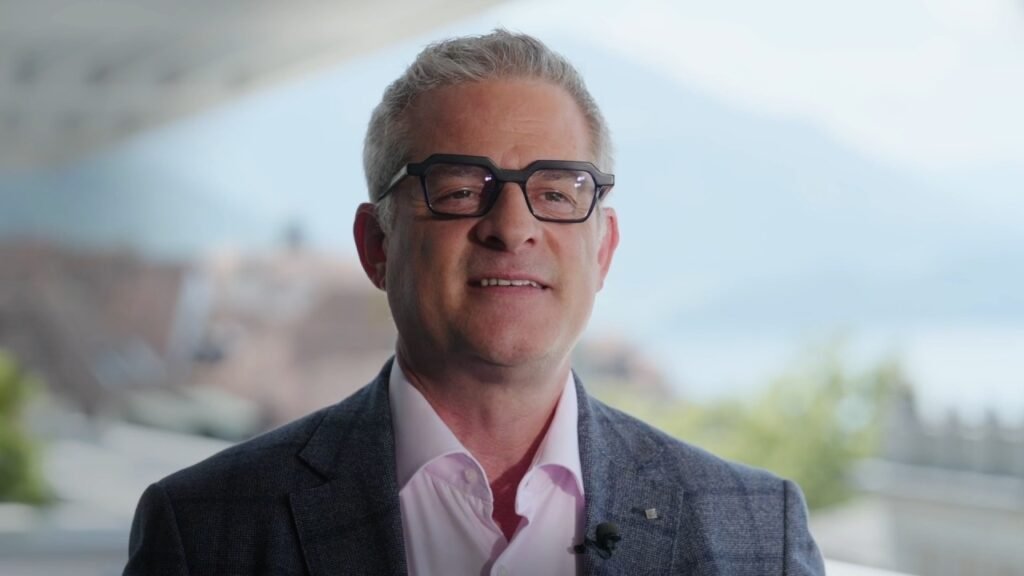When it comes to rural development, experience matters. Peter Bucher, an international development expert from Switzerland, has spent more than 20 years helping communities across Africa, Asia, South America, and Europe. His work focuses on markets, innovation systems, and rural services. Global communities face similar challenges: poverty, lack of resources, and limited access to opportunities. By looking at Peter Bucher’s methods, we can understand how to turn these problems into workable solutions.
Challenges in Rural Market Development
Barriers That Small Communities Face in Growth
Rural areas around the world face common problems. Farmers often lack access to fair markets. Entrepreneurs have good ideas but no financial support. Local workers may not have the training or networks they need. Without connections, small producers are forced to sell at low prices, while buyers in bigger cities take most of the profits.
How Peter Bucher Brings Practical Solutions to Rural Services
Peter Bucher helps rural areas build stronger links between producers and markets. Instead of pushing one-size-fits-all models, he studies each region’s specific needs. In Africa, for example, the challenge may be getting products from farms to urban markets. In Asia, it might be access to training and digital tools. By creating bridges between local communities and broader markets, his work helps people earn more, grow businesses, and reduce poverty.
Innovation Systems in International Development
Problems With Outdated or Top-Down Approaches
Traditional development projects often fail because they focus on short-term fixes. Outsiders come in, build a project, and leave without local ownership. This leads to wasted resources and systems that collapse once funding ends. Rural people end up with no lasting change.
Peter Bucher’s Methods for Building Local Innovation Systems
Peter Bucher takes a different approach. He believes in innovation systems that are locally driven. This means bringing together farmers, businesses, educators, and governments to solve problems as a team. In South America, for example, he has worked with small producers to test new ways of adding value to crops. By encouraging collaboration, local communities learn to design solutions that fit their culture, resources, and long-term goals.
Lessons From Over 20 Years of Global Experience
Rural Problems in Africa, Asia, and South America
Working across Africa, Asia, and South America has shown Peter Bucher that rural struggles often look alike: limited infrastructure, lack of market access, and weak training systems. In some regions, roads are poor, making it hard to move goods. In others, farmers don’t have up-to-date knowledge of techniques that could increase their yields. These barriers keep rural families trapped in cycles of low income.
Solutions That Blend Local Knowledge With Global Expertise
Instead of ignoring local traditions, Peter Bucher respects them. He combines global best practices with local wisdom. In Asia, he worked with communities to integrate modern tools while keeping traditional farming methods that are sustainable. In South America, he promoted networks where rural producers share knowledge and improve together. His method is about balance: taking what works globally and tailoring it to each place.
Why Sustainable Development Needs Local Focus
The Problem of Short-Term Fixes in Rural Development
Many programs focus only on immediate needs, like food aid or small grants. While these are important in emergencies, they don’t fix the deeper issues. Once the aid ends, the community is often back at the starting point. This cycle of dependency limits long-term growth.
Long-Term Solutions Shaped by Peter Bucher’s Work in Switzerland and Beyond
Peter Bucher shows that sustainable progress requires long-term investment in people and systems. By focusing on innovation systems and rural services, he ensures that communities keep growing even after projects end. His work in Switzerland and other regions shows that when local people have tools, knowledge, and market access, they create self-sustaining economies. This is the real path to reducing poverty and building stronger societies.
Building Bridges Across Continents
Shared Struggles of Global Communities
Whether in Europe or Africa, rural areas often face the same challenges: access to credit, limited training, and isolation from bigger markets. These shared struggles show that rural development is not just a regional problem—it is a global one.
How Peter Bucher’s Global Experience Creates Universal Solutions
Because Peter Bucher has worked across multiple continents, he knows how to adapt solutions. What works in one place can inspire strategies elsewhere. For instance, a cooperative model tested in South America might offer lessons for a rural area in Asia. His cross-border knowledge helps connect ideas and build systems that work globally.
The Future of Rural Services and Innovation
Problems of Rapid Global Change
The world is changing quickly. Climate change, migration, and digital shifts affect rural communities most. Traditional systems often struggle to adapt to these pressures. Without innovation, rural people risk being left behind.
How Peter Bucher’s Approach Prepares Communities
Peter Bucher focuses on resilience. By teaching communities to innovate and adapt, his work prepares them for future challenges. Whether it’s introducing new farming methods, using digital platforms to access markets, or training youth for modern skills, his approach ensures that rural areas are ready for tomorrow’s world.
Conclusion
The story of Peter Bucher is one of long-term dedication to rural services, market development, and innovation systems. From Switzerland to Africa, Asia, South America, and Europe, his work proves that sustainable growth comes from empowering local communities. Instead of top-down fixes, he builds systems that last. For global communities, the lesson is clear: development must be local, practical, and built on innovation. By learning from Peter Bucher’s approach, the world can create stronger, fairer, and more resilient rural economies.

